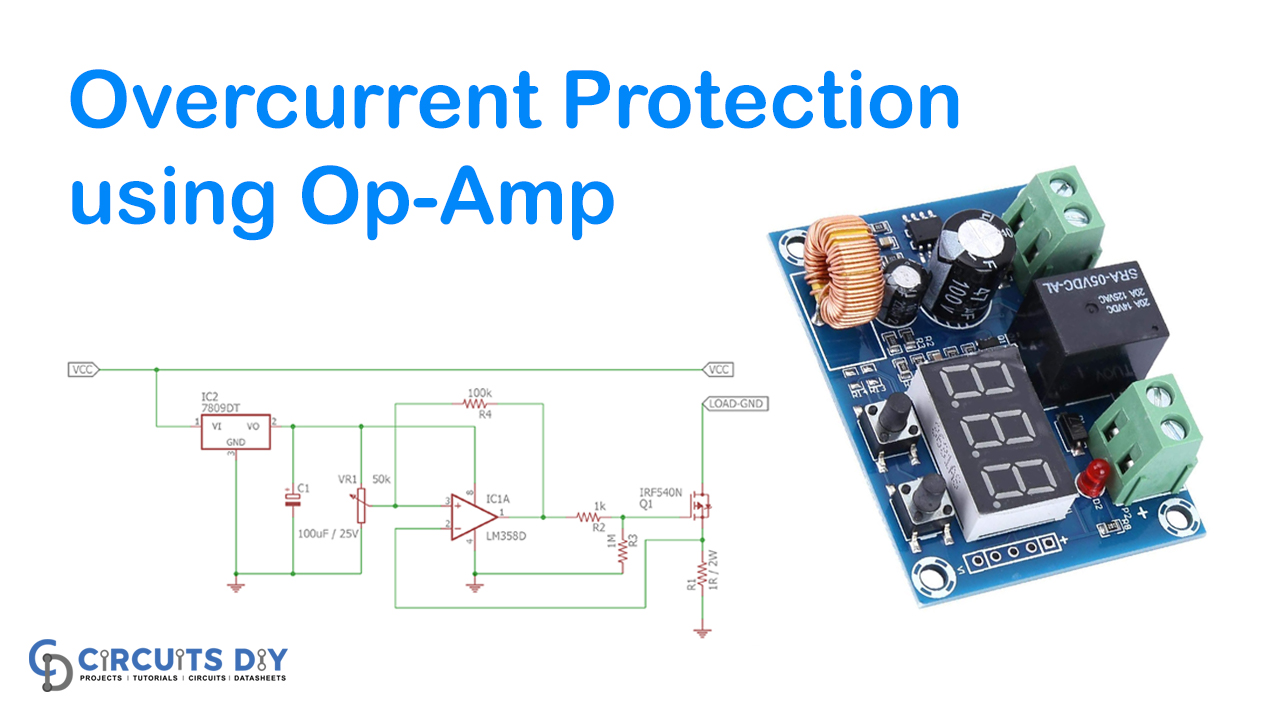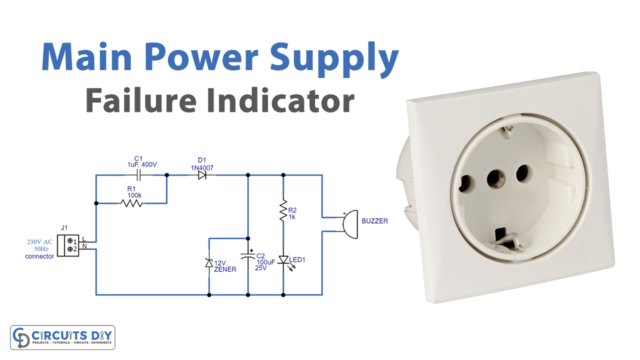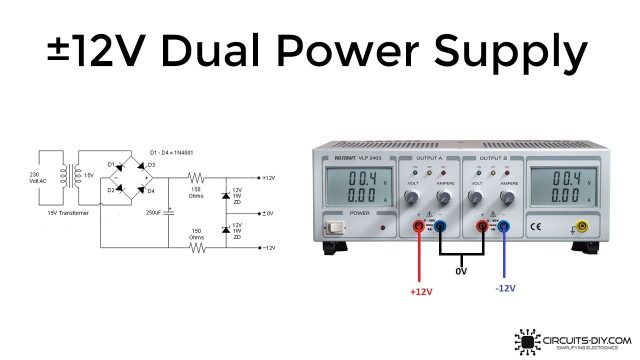In this DIY, we are demonstrating a project of an overcurrent protection circuit. In the power supply circuits, overcurrent safety is also used to reduce a PSU’s output power.
When the load draws a large power than the specified power supply capacities, the word overcurrent is used. This can be a risky scenario as an overcurrent condition could compromise the power source.
In such fault cases, engineers typically use an over-current circuit to loosen the power supply load to shield the load and power supply.
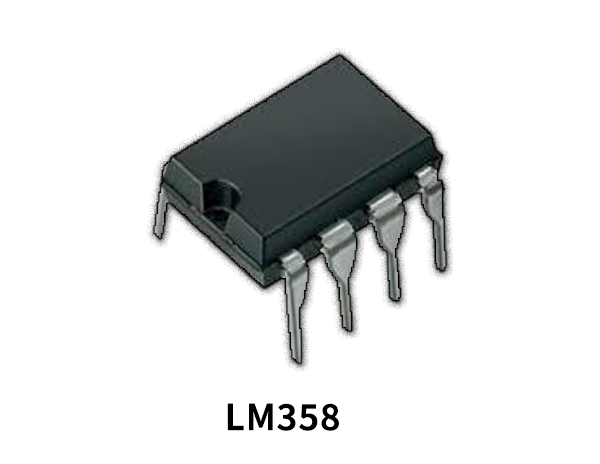
Hardware Components
The following components are required to make Overcurrent Protection Circuit
| S.no | Component | Value | Qty |
|---|---|---|---|
| 1. | Power supply | 12V | 1 |
| 2. | IC | LM358 | 1 |
| 3. | Capacitor | 100uF 25V | 1 |
| 4. | MOSFET | IRF540N | 1 |
| 5. | Heatsink | – | 1 |
| 6. | Breadboard | – | 1 |
| 7. | Resistor | 1K, 100K, 1M, 1 Ohm, 50K Pot | 1, 1, 1, 1, 1 |
| 8. | Wires | – |
LM358 Pinout

For a detailed description of pinout, dimension features, and specifications download the datasheet of LM358
Overcurrent Protection Circuit
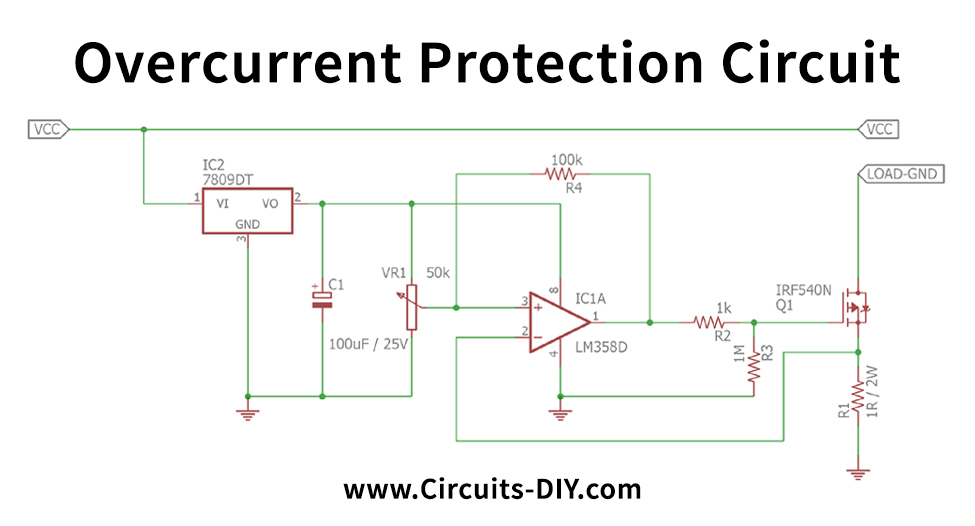
Circuit Operation
Under this heading, we are discussing the operation of the Overcurrent Protection Circuit. We are using low-cost components like Breadboard, Power supply, LM358, IRF540N, Heatsink, capacitor, resistors, and the potentiometer in this circuit.
The circuit is built into a breadboard and checked with a variable DC load using Bench Power.
The circuit has been checked, and the output has been observed so that the variable resistor will effectively disconnect at various values.
Applications and Uses
Overcurrent protection prevents electricity systems from excessive currents induced by short circuits, ground flaws, etc. Overcurrent relays may be used to secure nearly all components of a power grid, such as transmission lines, transformers, generators, and motors.

